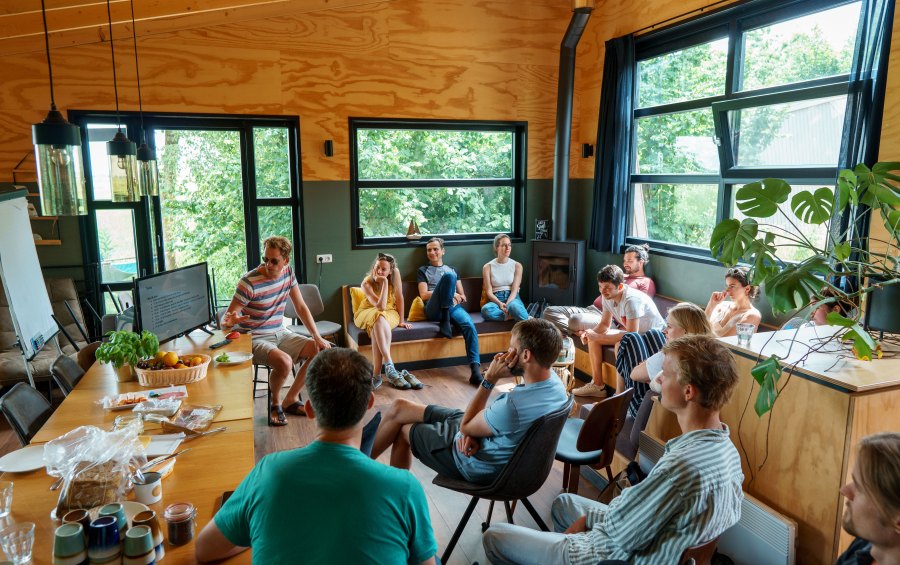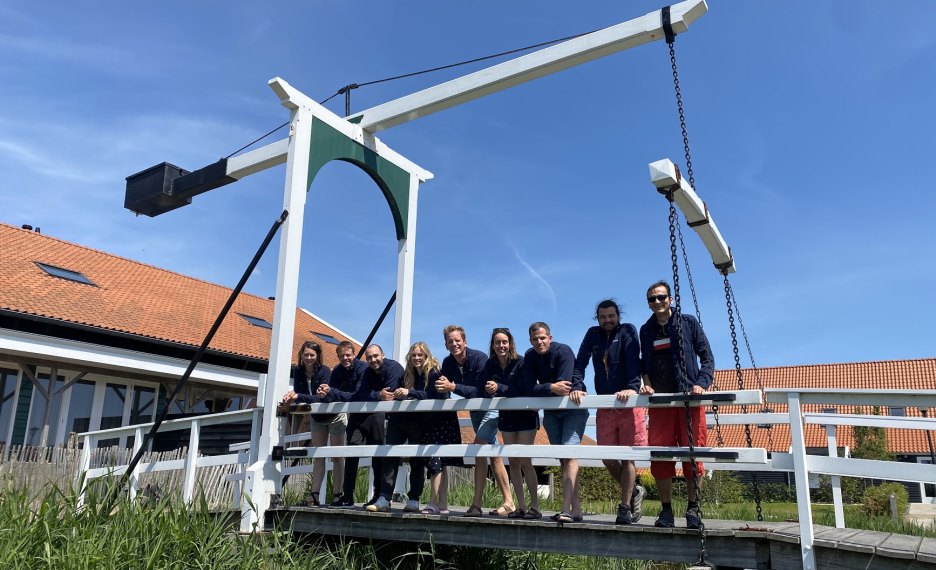Cradle raises $24M in Series A funding for Generative AI biotech platform

Cradle, a Netherlands-based biotech startup, has raised $24 million in a Series A funding round, the company announced on Tuesday. Cradle uses generative AI to assist scientists in the design and engineering of proteins, aiming to significantly hasten biotech research and development while reducing barriers to creating new biological products.
The round, which brings Cradle’s total funding to $33 million, was led by Index Ventures with participation from Kindred Capital and notable angel investors including including Chris Gibson, co-founder and CEO of Recursion, and Tom Glocer, former CEO of Thomson Reuters and Lead Director, Merck.
Cradle will use the fresh capital injection to accelerate growth, expand its teams in machine learning and biotech, and further invest in product development and sales capabilities.
Since emerging from stealth mode in 2022, Cradle has experienced high demand for its AI technology in the field of biology. The company has successfully partnered with nine industry leaders in pharmaceuticals, chemicals, food, and materials, including Johnson & Johnson Innovation, Novozymes, and Twist Bioscience.
Founded in 2021 by co-founder and CEO Stef van Grieke, Cradle is building user-friendly, web-based software designed to be accessible to any team of scientists and experimentalists without the need for specialized bioinformatics or machine learning expertise. The software addresses traditional data obstacles in biotechnology, enabling companies to leverage generative AI and machine learning tools for accelerated research and development pipelines.
Cradle is headquartered in Delft, The Netherlands, and Zurich, Switzerland. Its team comprises specialists in machine learning and biotech research, boasting experience from renowned technology and biotech companies such as Google, Zymergen, Novartis, Uber, Meta, Deepmind, and Perfect Day.
In a statement, Cradle CEO Stef van Grieken said, “Biological products are one of the biggest tools we can deploy to improve health outcomes and reduce the environmental impact of human consumption. By using generative AI and machine learning to help biologists design and optimize proteins faster and more efficiently, we can help research and development teams innovate faster, spend less and ultimately be more successful in developing new products. In the last year, we’ve been focused on demonstrating that our technology can deliver meaningful results and initiating partnerships with a number of true industry leaders. We’re thrilled with the progress to date and are excited to have closed our Series A, which gives us everything we need to build on this momentum, accelerate our growth and onboard more customers to our platform.”
Since its inception over a decade ago, Cradle’s proprietary generative AI models have undergone training on billions of protein sequences, incorporating data generated within their own wet laboratory. Currently engaged in over 12 research and development projects, Cradle focuses on engineering various protein modalities, such as enzymes, vaccines, peptides, and antibodies, across a wide range of desired properties, including stability, expression, activity, binding affinity, and specificity.
According to the company, projects using Cradle’s platform typically advance at double the speed compared to industry benchmarks. The technology not only expedites progress but also enhances the likelihood of success in specific R&D programs. This is attributed to Cradle’s generative AI capabilities, which excel in solving protein engineering challenges that may elude human discovery with existing tools.
“The application of AI in biology will be transformational, helping to solve some of the biggest health and climate challenges. The early results, from projects run by companies with some of the largest R&D budgets globally, indicate that Cradle’s technology is already dramatically accelerating the pace of innovation in a field that will reshape how we produce much of what we consume. The team has continued to rapidly expand the capabilities of its platform to meet significant customer demand. It’s exciting to see how scientists leverage Cradle to design new proteins and advance this emerging field of programming biology,” Sofia Dolfe, a partner at Index Ventures Partners, said.
Cradle is backed by high-profile investors including Index Ventures and Kindred Capital, as well as notable angel investors such as Feike Sijbesma (Honorary Chairman and former CEO of Royal DSM), Emily Leproust (founder of Twist Bioscience), John Zimmer (co-founder and president of Lyft), Chris Gibson (co-founder and CEO of Recursion), and Tom Glocer (former CEO, Thomson Reuters, and Lead Director, Merck).
Presently, the Cradle team consists of 20 individuals, with locations in Delft, The Netherlands, and Zurich, Switzerland. Plans are in place to expand the team further in 2024. Additionally, the company intends to establish additional laboratory and engineering facilities in Amsterdam, bolstering its capacity to accelerate research and generate more data for training AI models.
Looking ahead, Cradle aims to enhance its platform to accommodate a growing customer base, aligning with the increasing demand. The company is committed to evolving the user experience, ensuring the platform remains intuitive and accessible for scientists and experimentalists, even without a background in machine learning.


